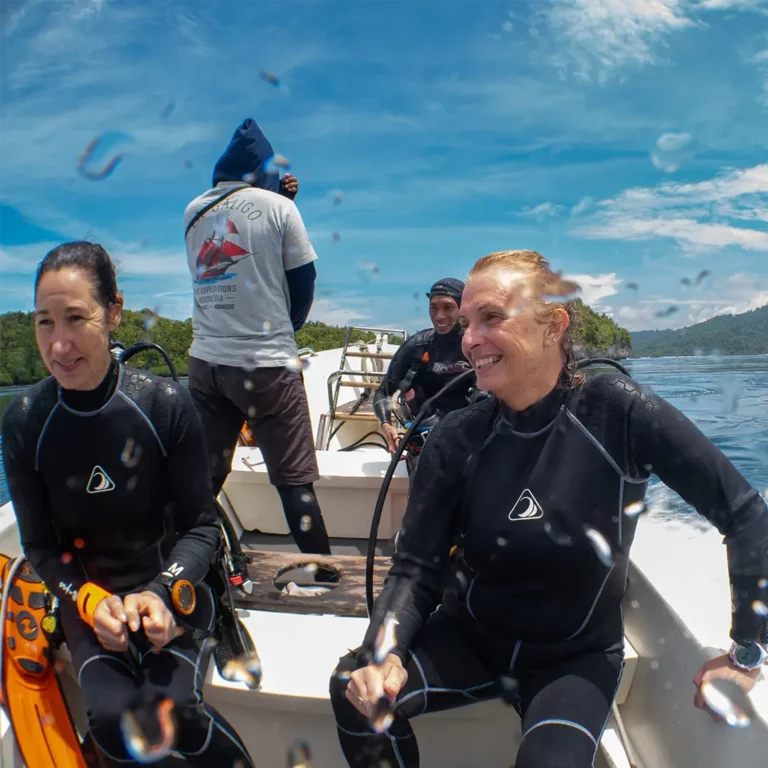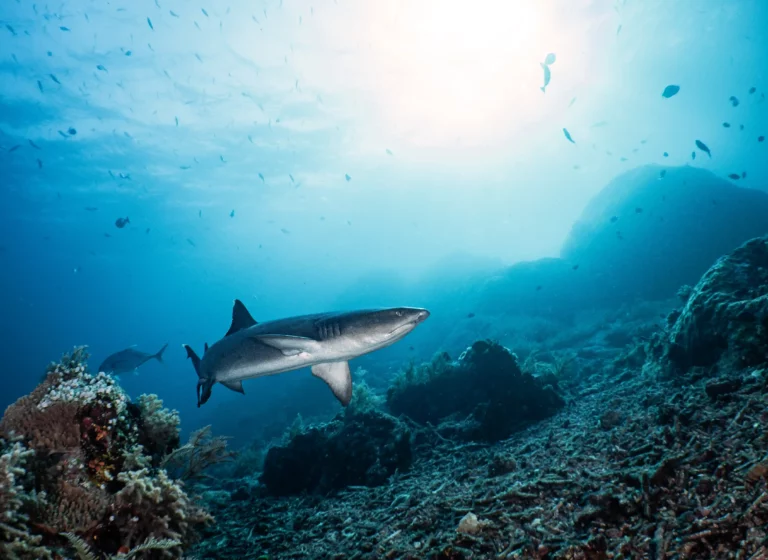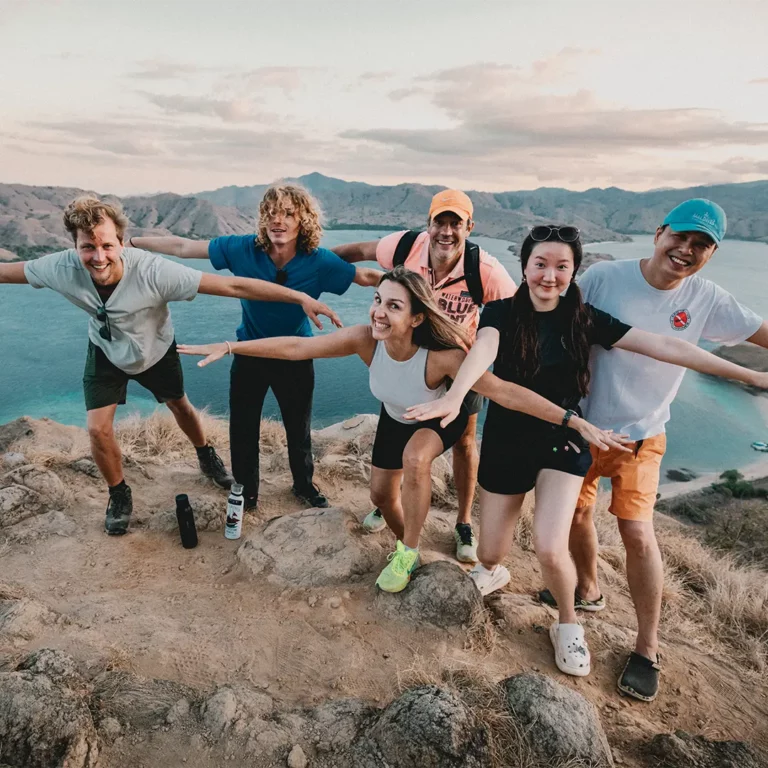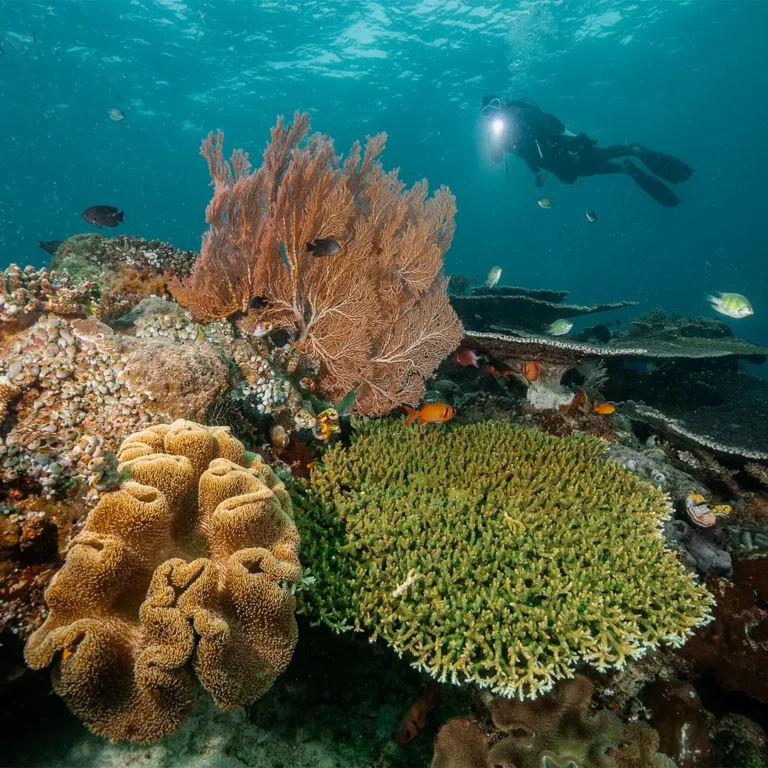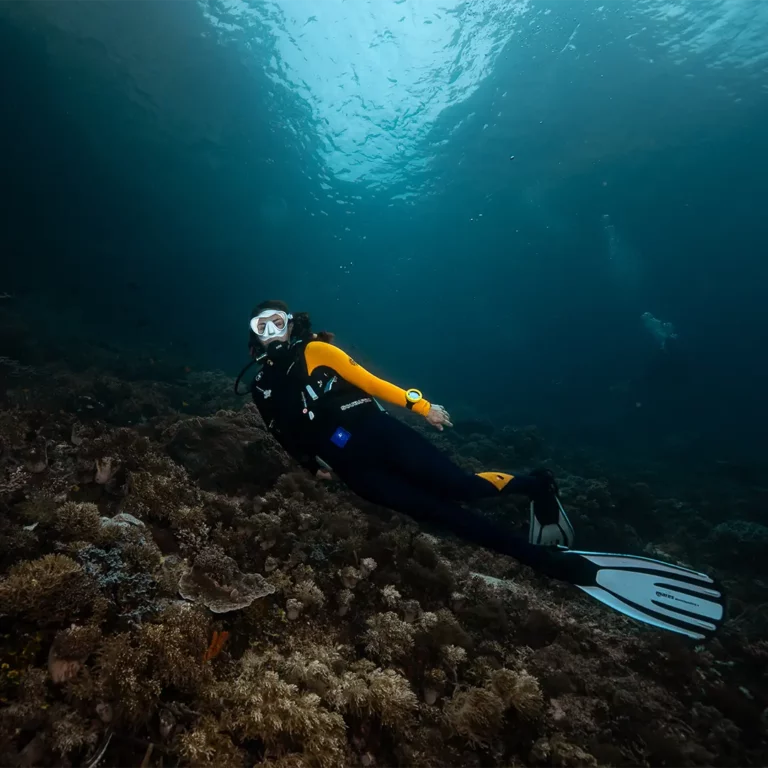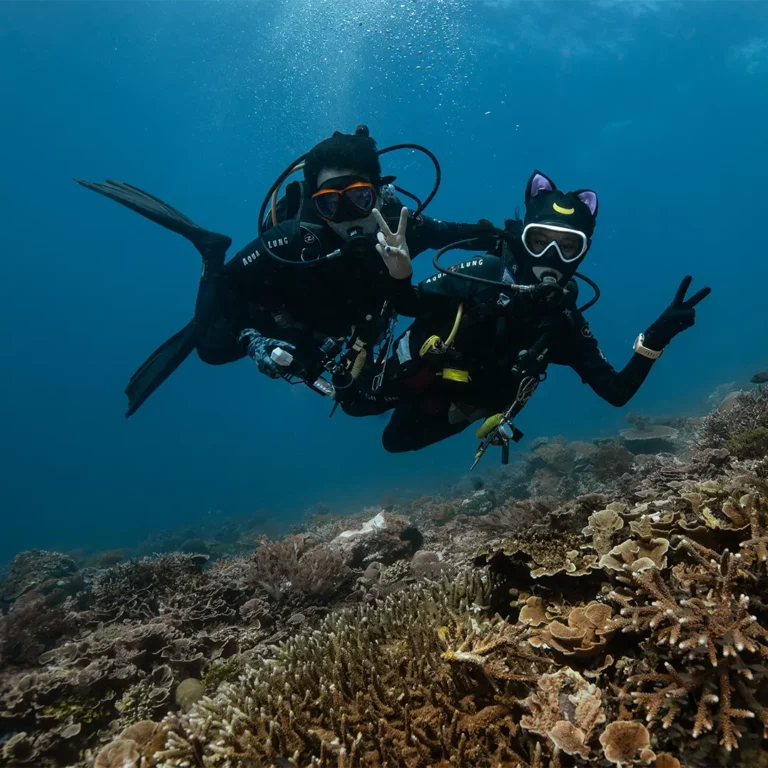Diving is an exhilarating activity that allows you to explore the underwater world and observe marine life up close. However, it’s important to be mindful of certain practices immediately after diving to ensure your safety and well-being. In this article, we will discuss 10 things that you should never do right after diving in order to prevent potential risks and complications. Understanding these precautions will help you make the most of your diving experiences while prioritising your health and safety.
1. Fly on a Plane
One of the most important things to avoid after diving is flying on a plane. This is because ascending to high altitudes can increase the risk of decompression sickness, also known as “the bends.” To minimise the chances of experiencing this serious condition there are two recommended wait times before flying. A minimum of 12-hour surface interval was recommended for the single no-decompression dive. A minimum of 18-hour surface interval for multi-day repetitive diving (or 24 hrs for Deco dives). Instead, use this time to relax, hydrate, and reflect on the incredible underwater world you’ve just explored.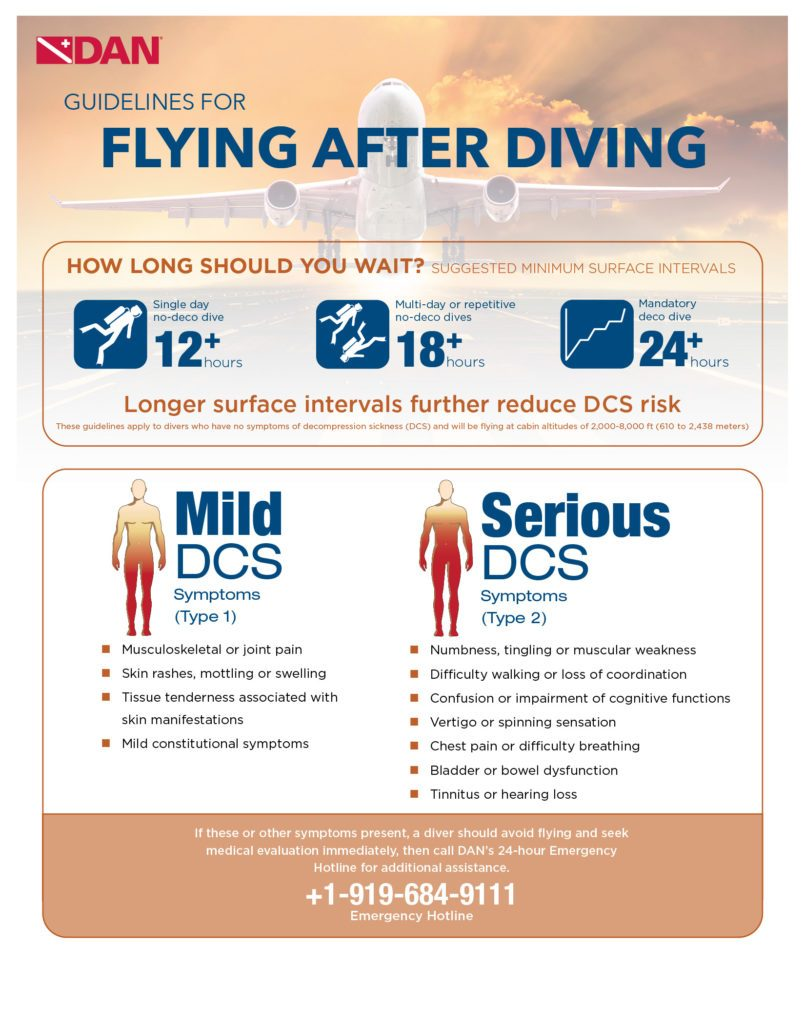
Source: (DAN Organisation. Guidelines for Flying After Diving)
2. Engage in Strenuous Physical Activity
After a dive, it’s crucial to avoid engaging in strenuous physical activity, such as heavy lifting or intense exercise. The physical exertion can put additional strain on your body, potentially worsening any latent decompression sickness symptoms. Take this time to rest and allow your body to recover from the dive.
3. Consume Alcohol
Alcohol consumption immediately after diving should be avoided. Alcohol can dehydrate the body and impair judgement and coordination, which is particularly risky after a dive. It’s best to opt for hydrating beverages like water or electrolyte-replenishing drinks to support your body’s recovery.
4. Mountain Climbing or Driving to Altitude
It is crucial to avoid mountain climbing or driving to altitude immediately after diving. Both activities can increase the risk of decompression sickness due to the rapid changes in altitude. Engaging in mountain climbing or driving to altitude after diving can also lead to fatigue and impaired judgement, which are unsafe for both the individual and others on the road or in the climbing environment. It’s important to wait at least 12 to 24 hours after a dive under the same guidelines as flying before participating in these activities to ensure safety and reduce the risk of decompression-related issues.
5. Ziplining After Diving
Ziplining after diving is also something that should be avoided. The rapid movements and changes in altitude associated with ziplining can pose a risk of decompression sickness for divers. It’s essential to allow for sufficient time to pass and for the body to adjust before engaging in activities that involve rapid changes in altitude. Waiting at least 12 to 24 hours after diving before ziplining is recommended to minimise the risk of potential health issues.
ALSO READ : Ways to Explore Raja Ampat – Dive Centre vs Liveaboard
6. Relaxing in a Hot Tub or Hot Shower
Relaxing in a hot tub or taking a long hot shower immediately after diving should be avoided. The hot water and heat can increase circulation and potentially exacerbate any existing decompression sickness symptoms. It’s essential to give your body time to readjust to normal atmospheric pressure before engaging in activities like these. Wait at least an hour after diving before indulging in a hot tub or taking a long, hot shower to prevent any adverse effects on your body.
7. Freediving After Scuba Diving
It is crucial to avoid freediving after scuba diving. Freediving immediately after scuba diving can increase the risk of decompression sickness. The nitrogen that builds up in the body during scuba diving needs time to be released safely. It is recommended to wait at least 12 hours after a single scuba dive before engaging in freediving activities to reduce the risk of decompression sickness. Always prioritise your safety and follow proper diving protocols to ensure a pleasant and risk-free diving experience.
8. Skipping Your Surface Interval
Skipping your surface interval is a big no-no. Taking a break between dives allows your body to off-gas excess nitrogen and reduces the risk of decompression sickness. It is generally recommended to have a surface interval of at least one hour for every 10 – 13 metres (30-40 feet) of depth. Rushing into your next dive without allowing your body to recover can lead to serious health risks and should be avoided at all costs. Remember, safety should always come first when engaging in any diving activities.
9. Ignoring Your Body
It’s crucial to pay attention to your body after a dive. Check for any signs of decompression sickness, such as joint pain, numbness, weakness, dizziness or a red blotchy rash. Even if you feel fine, it’s important to be mindful of any potential symptoms and seek medical attention if necessary. Even if you dive the perfect no deco profile and have no pre disposition that you know of to decompression sickness, it can still strike at any time.
Additionally, stay hydrated and rest to allow your body to recover from the physical exertion of diving. This is particularly important on a dive liveaboard where you do up to 4 dives a day, day in, day out. Don’t get tempted to stay up all night getting boozed on the deck under the beautiful starry sky. The lack of sleep and dehydration will put you at risk the next day.
ALSO READ : What is the Accommodation and Food in Raja Ampat Like?
10. Deep Tissue Massage
Deep tissue massage is not recommended immediately after diving. The pressure exerted during a deep tissue massage can exacerbate any potential symptoms of decompression sickness or cause discomfort in areas where the body may have absorbed excess nitrogen during the dive. It’s best to allow the body to rest and recover naturally before engaging in any form of intense physical manipulation like deep tissue massage. Instead, opt for gentle stretching or relaxation techniques to help ease any muscle tension and support the body’s recovery process. Watch out for any liveaboards that offer massages between dives as an option.
Conclusion
By being mindful of these post-dive precautions, you can prioritise your well-being and ensure that your diving experiences remain safe and enjoyable. Remember to give your body the time it needs to readjust and recuperate after each dive, allowing you to continue exploring the underwater world with a focus on health and safety.


